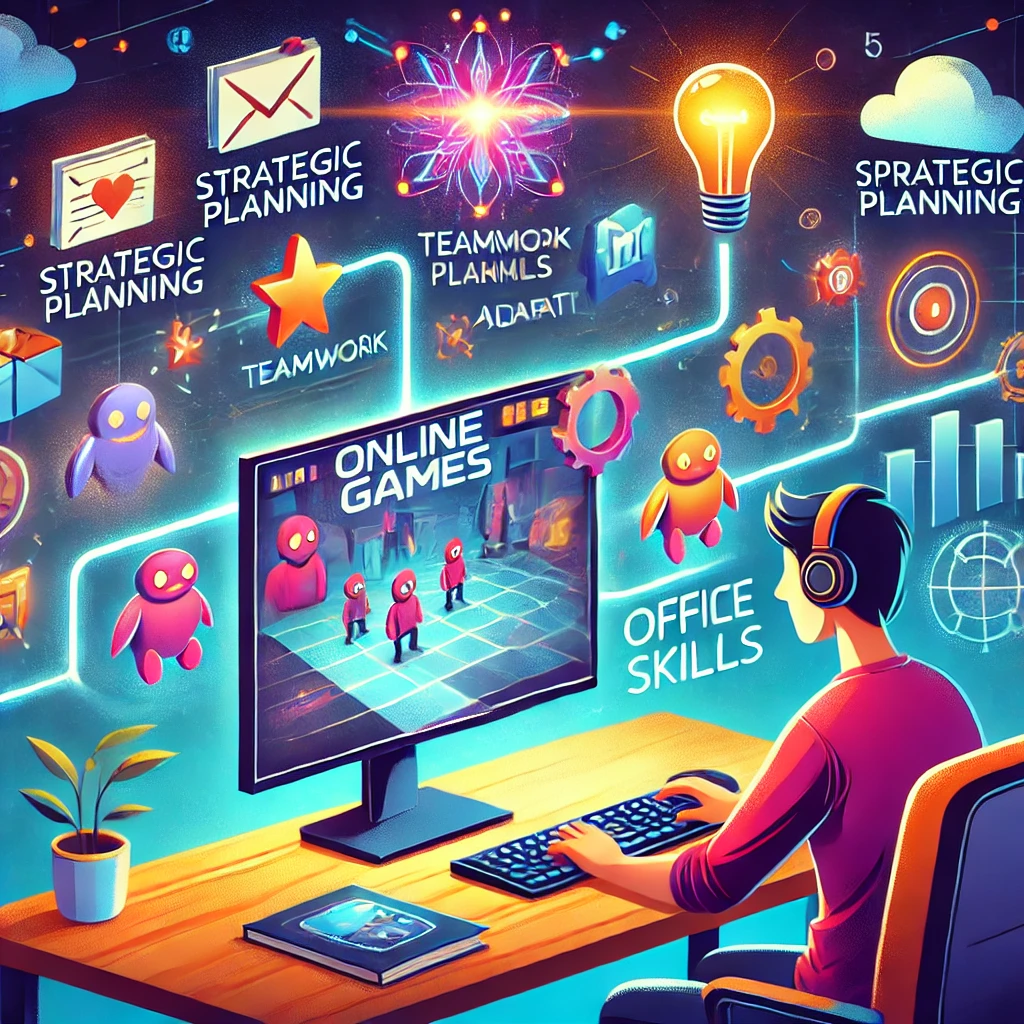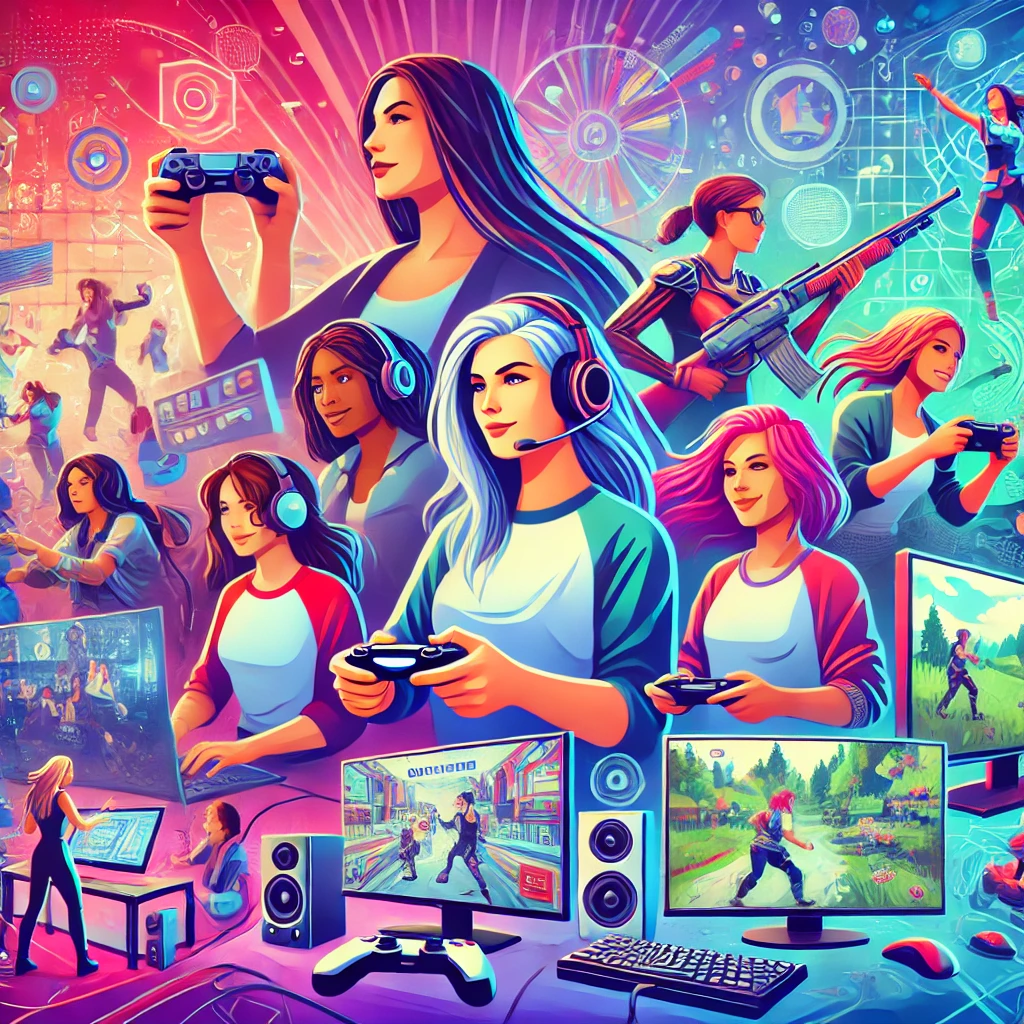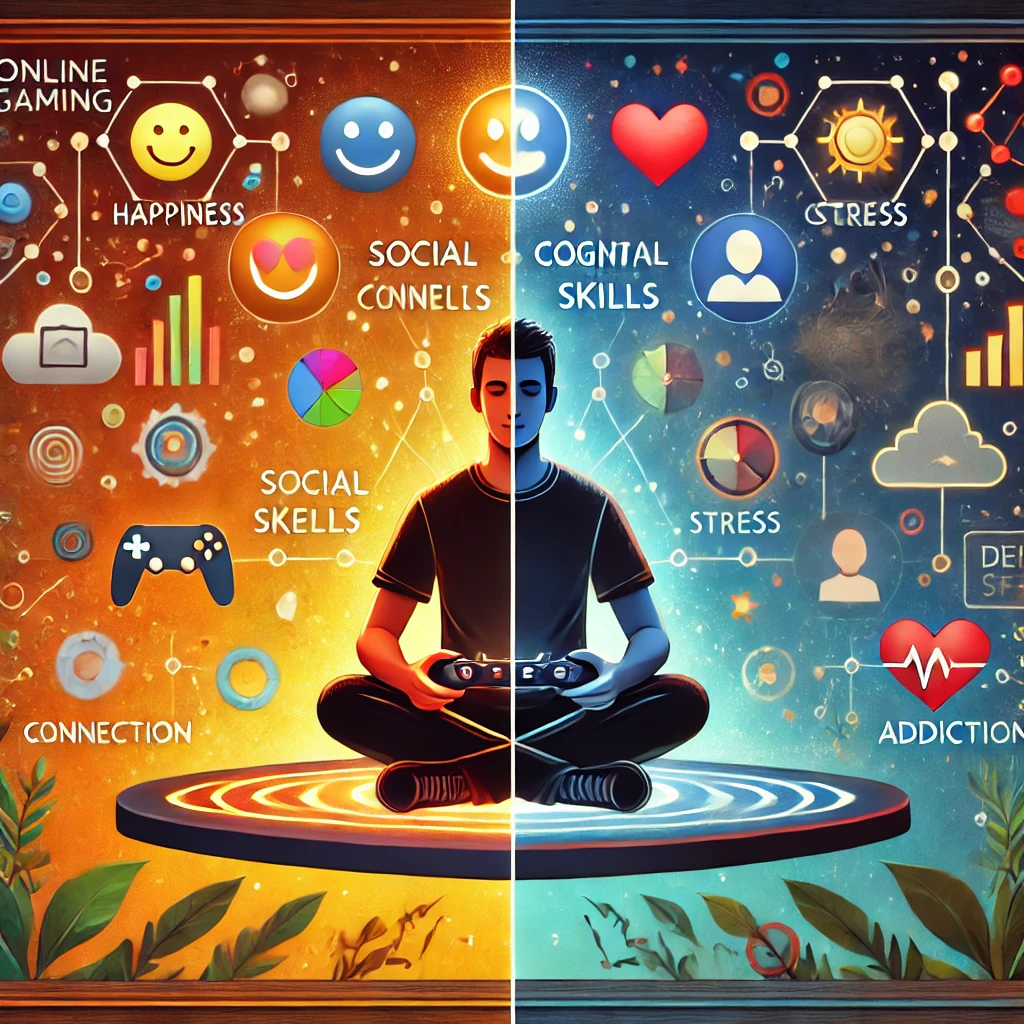How Online Games Teach Real-World Skills
Online games have come a long way from being seen as just time-wasters. They now offer complex and interactive experiences that educate while entertaining. From strategic thinking to teamwork, these digital platforms help build skills useful in everyday life. This article looks at how online games can aid personal growth and skill development.
The Evolution of Online Gaming
In the past, online games were simple and mainly focused on fun and competition. Today, they offer immersive worlds, detailed stories, and multiplayer interactions that mirror real-life situations. These changes allow players to develop important skills in a meaningful way.
Key Real-World Skills Taught by Online Games
1. Strategic Thinking and Problem Solving
Many online games require players to plan and adapt to new situations. Games like Starcraft or Civilization need critical thinking and resource management. These skills are useful in both personal and professional decision-making.
2. Teamwork and Communication
Games like League of Legends, Fortnite, and World of Warcraft stress the importance of working together. Players must communicate well, share tasks, and aim for a common goal. These experiences reflect team dynamics in the workplace and social settings, teaching the value of clear communication and teamwork.
3. Time Management
Games with daily tasks, time-limited events, or resource cooldowns push players to manage their time effectively. Prioritizing tasks and meeting deadlines in games can improve productivity in real life.
4. Adaptability and Resilience
Online games often throw unexpected challenges at players. Whether it’s surviving a sudden attack in a battle royale game or changing strategies in a raid, players learn to adapt quickly and stay strong in the face of failure.
5. Leadership Skills
Many multiplayer games have roles that require leadership, such as leading a team or a guild. These roles teach players to motivate others, make tough choices, and take responsibility—key qualities for effective leadership.
6. Technical and Cognitive Skills
Fast-paced games like Counter-Strike or Call of Duty enhance hand-eye coordination, reaction times, and spatial awareness. Puzzle games improve cognitive skills like pattern recognition and logical reasoning.
Examples of Real-World Applications
Education
Games like Minecraft: Education Edition teach subjects from geometry to history. Students solve problems creatively while learning academic content.
Workplace Skills
Companies now use games in training programs to teach skills like risk assessment and project management. Multiplayer games create environments similar to the workplace, fostering better teamwork.
Mental Health
Games aimed at mindfulness and stress relief, such as Alto’s Odyssey, help players develop emotional regulation skills. Multiplayer games often create supportive communities where players can build social connections.
The Science Behind Gaming and Learning
Many studies show the positive effects of gaming on skill development. Research from the University of Rochester found that action games help players make accurate decisions faster. Another study by the American Psychological Association noted that games encourage problem-solving skills and creativity, especially in younger players.
Addressing the Critics
While online gaming has many benefits, it’s important to consider potential downsides like screen time addiction and excessive gaming. When balanced and moderated, gaming can be a beneficial tool for personal development rather than a distraction.
Strategies for Enhancing Learning Through Gaming
Select Purposeful Games: Choose games that help you develop specific skills like strategy, creativity, or teamwork.
Establish Limits: Designate specific times for gaming to prevent excessive play.
Reflect on Gameplay: Think about how the game’s challenges and strategies can be applied to real-life situations.
Participate in Multiplayer Modes: Playing with others can improve communication and collaboration skills.
Conclusion
Online games offer more than just amusement; they are valuable platforms for building skills. By enhancing strategic thinking, teamwork, and adaptability, these games equip players for real-life challenges. As gaming continues to advance, its role in education and personal development will grow, demonstrating that learning can be enjoyable.



Post Comment